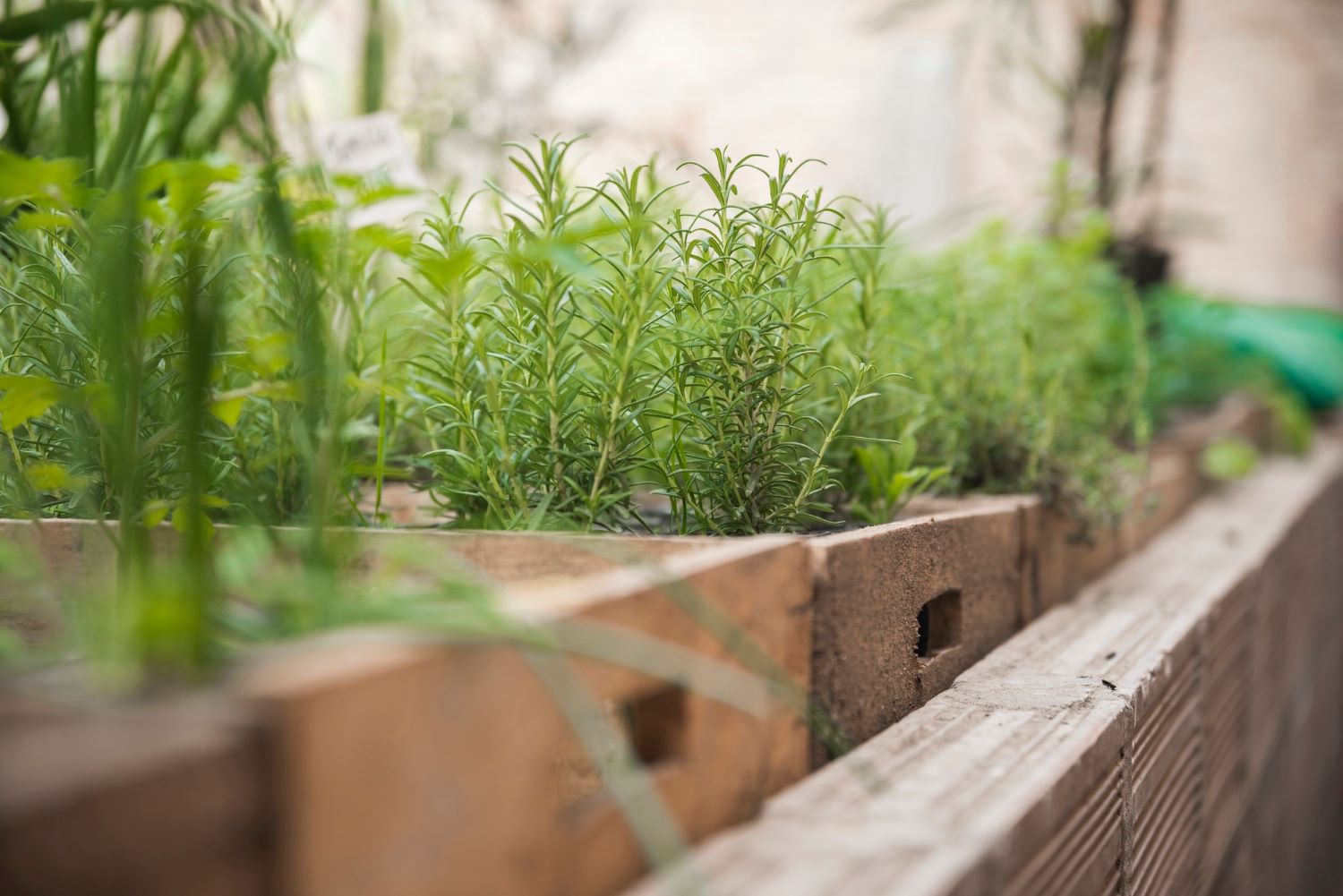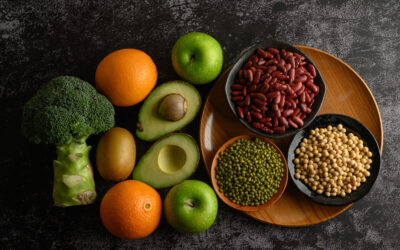In today’s fast-paced world, balancing a busy lifestyle with a commitment to sustainable living can seem daunting. However, adopting sustainable eating habits doesn’t have to be time-consuming or complicated. By making small, intentional changes to your daily routine, you can contribute to environmental sustainability while also supporting your health. This blog explores practical tips for incorporating sustainable eating habits into a hectic schedule, ensuring that even the busiest individuals can make a positive impact.
Why Sustainable Eating Matters
Sustainable eating is about making food choices that are beneficial for both your health and the planet. This includes selecting foods that are produced in environmentally friendly ways, minimizing waste, and choosing diets that are rich in plant-based foods. With the growing awareness of environmental issues such as climate change, deforestation, and overfishing, more people are recognizing the importance of sustainable eating.
At its core, sustainable eating involves:
- Reducing Food Waste: Minimizing the amount of food that ends up in landfills.
- Supporting Local Farmers: Purchasing locally grown produce reduces the carbon footprint associated with transportation.
- Choosing Organic and Non-GMO Foods: Opting for foods that are grown without synthetic pesticides and fertilizers.
- Eating a Plant-Based Diet: Incorporating more fruits, vegetables, legumes, and whole grains into your meals.
For those with busy lifestyles, it can be challenging to integrate these practices. However, with the right strategies, sustainable eating can become a natural part of your routine.
Practical Tips for Sustainable Eating
Plan Your Meals Ahead
Why it matters: Meal planning is one of the most effective ways to reduce food waste and ensure you’re eating sustainably. By planning your meals for the week, you can make a shopping list that includes only the items you need, reducing the likelihood of buying excess food that may go to waste.
How to implement: Dedicate 30 minutes each week to plan your meals. Focus on seasonal, local produce, which is often more sustainable and nutritious. Consider creating a meal prep routine on weekends to save time during the week.
Shop Locally and Seasonally
Why it matters: Supporting local farmers not only boosts the local economy but also reduces the carbon footprint associated with transporting food over long distances. Seasonal produce is fresher and typically requires fewer resources to grow.
Batch Cooking and Freezing
Why it matters: Batch cooking allows you to prepare large quantities of food at once, which can be portioned and frozen for later use. This not only saves time but also ensures you have healthy, home-cooked meals ready to go, reducing the temptation to order takeout or buy pre-packaged meals, which often come with excessive packaging.
How to implement: Set aside time once a week to cook large batches of meals such as soups, stews, or casseroles. Portion these meals into reusable containers and freeze them. This strategy helps reduce food waste and saves money in the long run.
Mindful Eating and Portion Control
Why it matters: Eating mindfully helps you enjoy your food more and prevents overeating, which can lead to waste. Being conscious of portion sizes ensures that you’re only consuming what you need, reducing both food waste and the environmental impact of excess food production. It will also help take care of your waistline!
How to implement: Start by serving smaller portions and only go back for seconds if you’re still hungry. Practice mindful eating by slowing down and savouring each bite, paying attention to the flavours and textures of your food.
Use Reusable Bags and Containers
Why it matters: Single-use plastics are a significant environmental issue. By using reusable bags and containers, you can significantly reduce the amount of waste you produce.
How to implement: Keep reusable shopping bags in your car or by your front door so you don’t forget them when you go shopping. Invest in high-quality, reusable containers for storing leftovers, packing lunches, and freezing meals.
Choose Plant-Based Proteins
Why it matters: Plant-based proteins, such as beans, lentils, tofu, and quinoa, require fewer resources to produce than animal-based proteins. Reducing meat consumption can significantly lower your environmental impact.
How to implement: Start by incorporating one or two meatless meals into your weekly routine. Experiment with different plant-based protein sources to find what you enjoy. Over time, you may find that you naturally reduce your reliance on meat.
Minimize Packaged Foods
Why it matters: Packaged foods often come with excessive plastic and are typically processed, which is not only bad for the environment but also for your health. Choosing whole, unprocessed foods is a more sustainable and nutritious option.
How to implement: Shop in the bulk section of your grocery store where possible, bringing your own containers to minimize packaging waste. Focus on whole foods such as fruits, vegetables, grains, and nuts, which are often available with minimal or no packaging.
Grow Your Own Herbs and Vegetables
Why it matters: Growing your own food, even if it’s just a small herb garden, can reduce the environmental impact of food production and transportation. Plus, it’s incredibly rewarding and ensures that you have fresh, organic produce at your fingertips. Consider using a Tower Garden to grow your herbs and vegetables more efficiently at home.
How to implement: Start with a few easy-to-grow herbs like basil, parsley, or mint. If you have more space, consider growing vegetables such as tomatoes, lettuce, or peppers. You can even start small with container gardening if you don’t have a yard.
Adopting sustainable eating habits doesn’t have to be overwhelming, even with a busy lifestyle. By planning your meals, shopping locally, batch cooking, and choosing plant-based proteins, you can make a significant impact on both your health and the environment. Remember, every small step counts towards creating a more sustainable future.
For more personalized advice on sustainable eating and how to incorporate these practices into your daily routine, consider booking a consultation with a nutritional therapist or health coach at New Vitality. Our experts can help you develop a tailored plan that aligns with your lifestyle and health goals.



